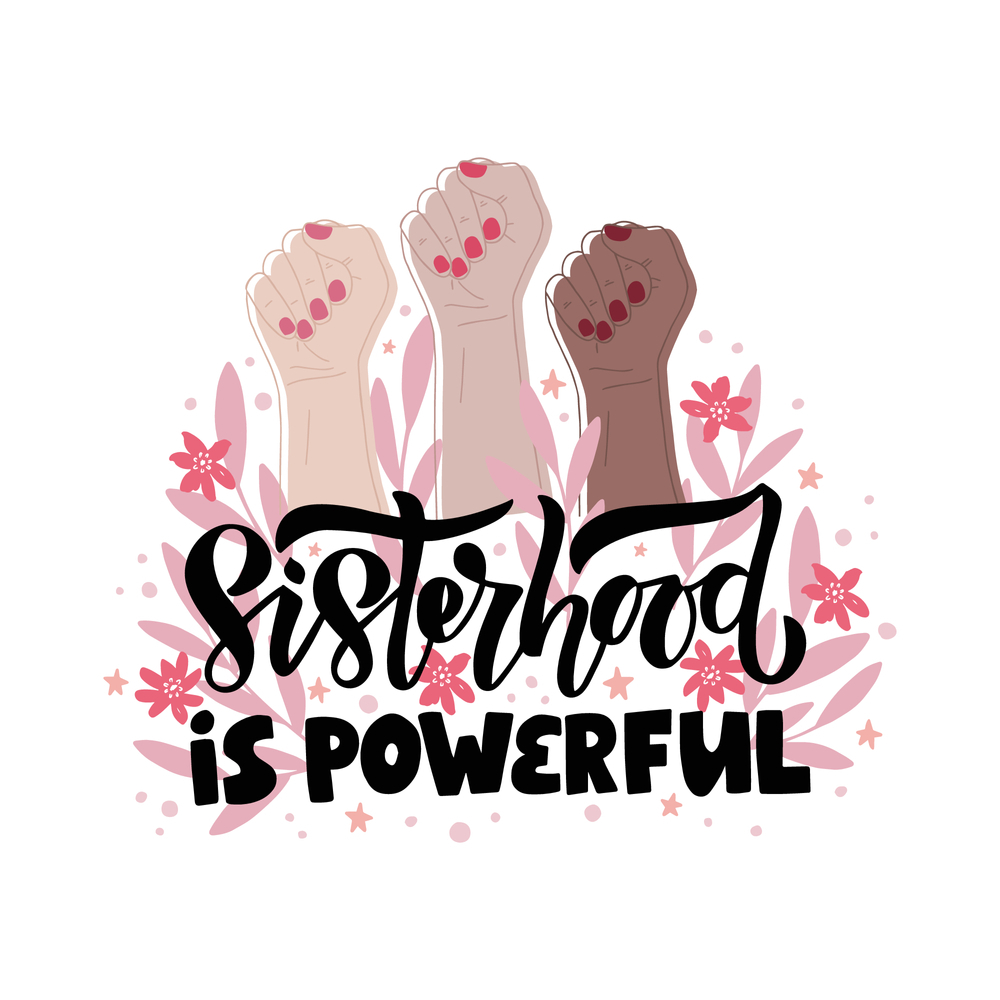Breaking the Stigmas Surrounding Sex Reproductive and Mental Health in Africa
In Africa's diverse cultures and traditions, there exists a profound silence around critical topics like sex, reproductive health, and mental well-being. Breaking free from the chains of stigma and misconceptions is not just important; it's an urgent call to redefine societal norms and foster a healthier, more informed continent. In this article, we will delve into the myths that shroud these essential aspects of life, aiming to pave the way for open conversations that can revolutionize the African narrative.
Why We Need Sex and Reproductive Health and Mental Health Education
In Africa, the need for comprehensive sex and reproductive health, as well as mental health education, is paramount. Societal progress hinges on breaking the silence surrounding these vital aspects of human existence. Limited access to accurate information perpetuates myths, resulting in high rates of unintended pregnancies, maternal mortality, and untreated mental health issues. Empowering individuals with knowledge of contraception, family planning, and mental well-being fosters healthier communities (1).
Moreover, addressing gender disparities in reproductive health and dismantling stigmas surrounding mental health is essential. Investing in education and open conversations can safeguard physical and mental well-being– and catalyze a cultural shift, steering Africa towards a future–where informed choices and emotional resilience flourish.
The Silence Culture in Our Community
The Hush-Hush Approach to Sex Education
Contrary to popular belief, discussing sex education doesn't encourage promiscuity; instead, it empowers individuals with knowledge to make informed decisions. Shattering the hush-hush approach to sex education is pivotal for community and generational empowerment. Open dialogues about sex not only dispel myths but equip younger generations with crucial knowledge, fostering responsible decision-making.
By breaking the silence, we empower communities to address issues like unintended pregnancies and sexually transmitted infections. Knowledge promotes cultural evolution, challenging outdated norms and fostering a healthier understanding of intimacy (2). It's a transformative journey that transcends taboos, creating informed, confident individuals who contribute to a more progressive and enlightened society.
The Taboo of Reproductive Health
Reproductive health isn't solely a woman's concern; it involves both genders. Yet, myths and taboos surrounding menstruation, contraception, and family planning persist. Eradicating the taboo surrounding reproductive health is vital for societal progress. Open discussions on menstruation, contraception, and family planning break down barriers, fostering gender equality and informed decision-making.
By addressing these topics, we empower women to take control of their reproductive destinies, leading to healthier families and reduced maternal mortality rates. Embracing reproductive health as a shared responsibility transforms individual lives and contributes to the overall well-being of communities. It's a step towards dismantling stereotypes, promoting inclusivity, and building a society that values the health and choices of all its members.
Mental Health Stigma
Mental health is often brushed under the carpet, and viewed as a sign of weakness or spiritual possession. Demolishing the stigma around mental health is a societal imperative. Education on mental health awareness is a powerful antidote, dispelling misconceptions and fostering compassion. By understanding that mental health is as crucial as physical health, we cultivate an environment where seeking help is not a sign of weakness but of resilience. Depression, anxiety, and other mental health conditions affect millions, and recognizing them is the first step toward a mentally resilient society (3).
Elevated awareness diminishes judgment, encouraging open conversations and support networks. It's a collective journey towards destigmatization, paving the way for a society that values emotional well-being as an integral part of overall health. In the light of awareness, individuals thrive, and communities become pillars of understanding and empathy.
How to End the Silent Culture
Comprehensive Sex Education
Implementing a robust and comprehensive sex education curriculum is essential. This involves dispelling myths, teaching about consent, and discussing reproductive health openly. A well-informed youth is better equipped to make responsible decisions, contributing to a decline in teenage pregnancies and sexually transmitted infections.
Empowering Women in Reproductive Health
Acknowledging and addressing the challenges faced by women in matters of reproductive health is imperative. This involves providing accessible healthcare, promoting family planning, and breaking the taboos surrounding menstruation. Empowered women can lead to stronger communities and improved overall health.
Destigmatizing Mental Health
It's time to embrace mental health as an integral part of well-being. Promoting awareness campaigns, integrating mental health education into schools, and fostering a supportive environment can shatter the stigma surrounding mental health. When individuals feel comfortable seeking help, the overall mental health landscape improves.
Community Engagement and Role Models
Engaging communities in open dialogues about these topics is crucial. This can be facilitated by introducing role models who share their experiences, leading to a normalization of discussions around sex, reproductive health, and mental well-being.
Conclusion
Africa stands at a crossroads, ready to break free from the shackles of silence surrounding sex, reproductive health, and mental well-being. By dispelling myths, fostering open conversations, and empowering individuals, we can reshape the narrative, creating a healthier, more informed, and progressive society. It's time to embrace change, celebrate diversity, and pave the way for a brighter, stigma-free future for Africa.
By: Damilola Elewa
Updated: November 2023.








Comments (0)